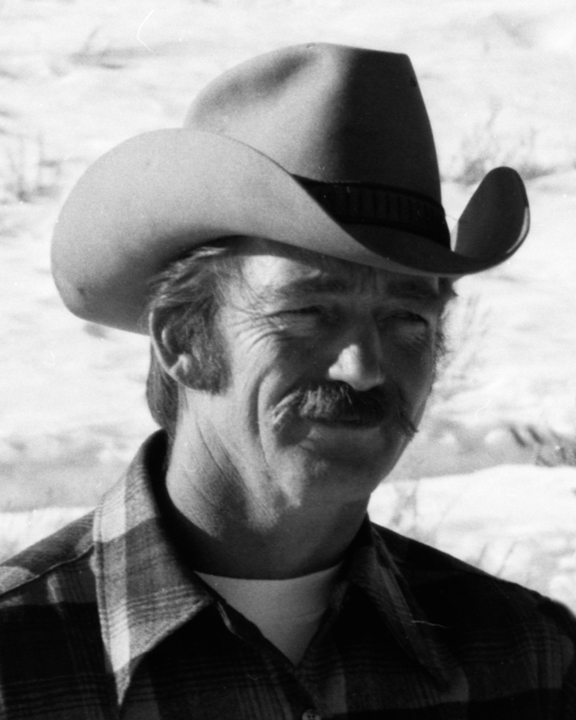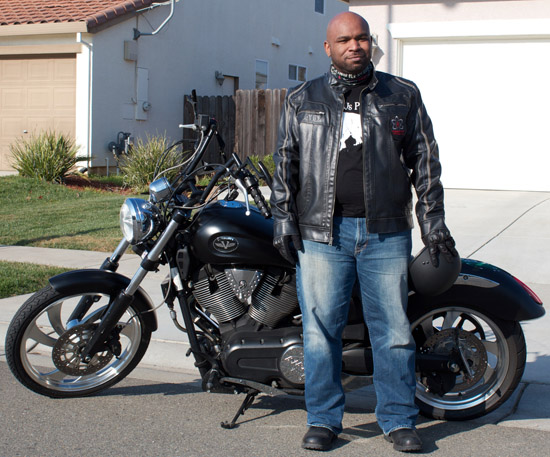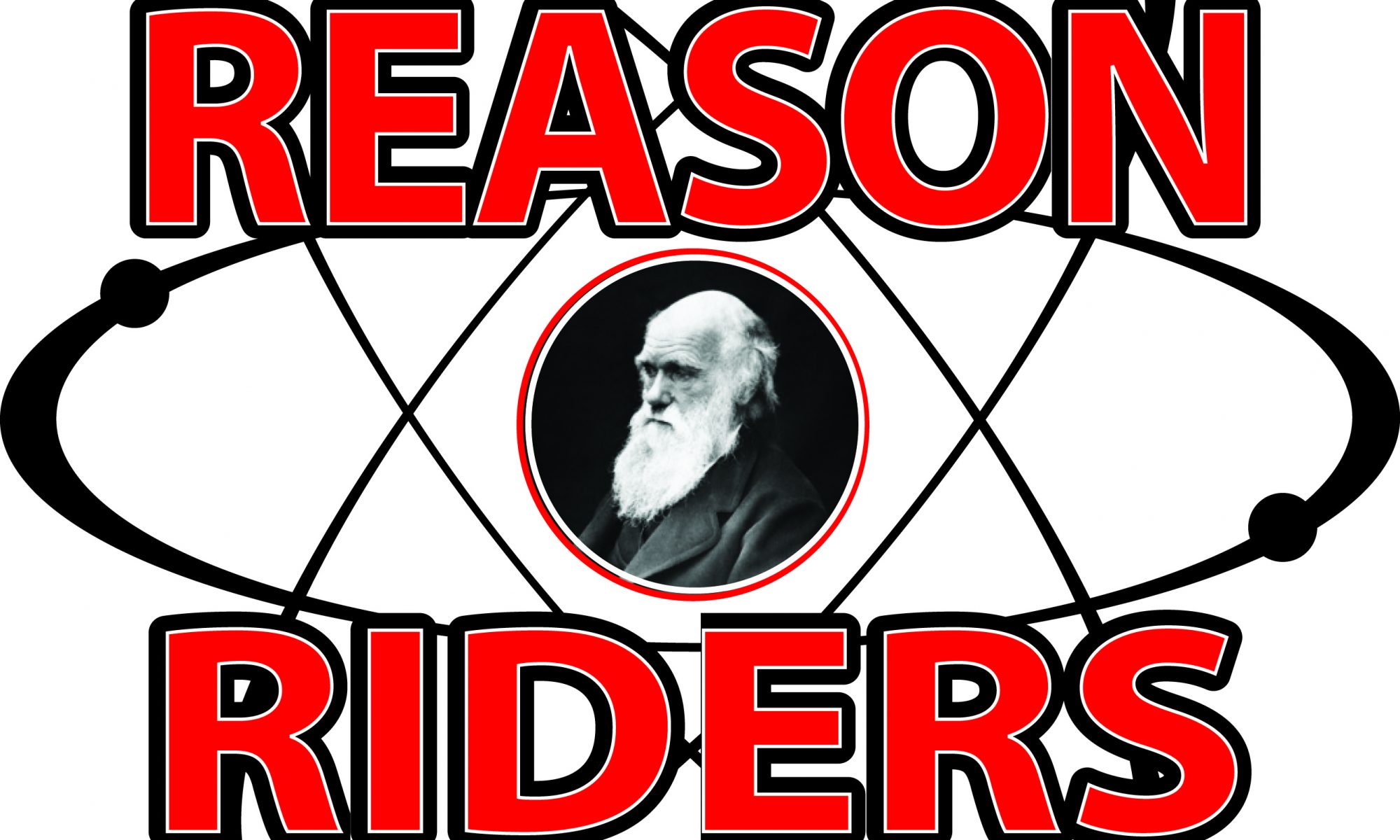 I had to do a silly damned “defensive driving course” at work. It was this SIX HOUR LONG online thingie, where you have to read a short screen of text, and then wait out a timer before you can click to the next short screen of text, and read that.
I had to do a silly damned “defensive driving course” at work. It was this SIX HOUR LONG online thingie, where you have to read a short screen of text, and then wait out a timer before you can click to the next short screen of text, and read that.
Argh. If you were ever a student and had a writing assignment that included a necessary word or page count, and you used up your facts or thoughts halfway through that assigned length and had to pad things out with extra words, you can imagine what this “course” was like. Padded as hell, and tedious because of it. But also, in this case, containing a SMALL amount of useful information. It’s a state-approved thing, and whoever was on the approving board thought that to get that useful stuff into the course-taker’s head it had to be the full SIX HOURS LONG, rather than, say, three, or even two.
There are four “modules” you have to work your way through, and there’s a “test” at the end of each module, a series of 5 to 8 questions that are so lame they’re obviously designed for an easy pass.
The way the course works, you take it to get penalty points (for a past ticket) off your license, and it reduces your insurance. As I haven’t had a ticket since roughly 1985, I had to take it so (I imagine) the drug rehab hospital I drive for could get a better rate on insurance. All the drivers were required to take it, or get suspended from driving.
It’s one of those “for the sake of appearances” things, mostly. The easy-pass test is a clear indicator that nobody really cares whether you can actually demonstrate knowledge of, for instance, the 8 different colors and 8 different shapes of road signs, or the significance of yellow stripes on the road as contrasted with white stripes, or what to do when you see a school bus stopping. They just have to know you’ve been exposed to the SIX FULL HOURS of knowledge.
But, as I say, a couple of things were useful. Useful to me, personally. One was the section on road rage.
I’d seen some of it just the day before. Driving north on Interstate 87 out of New York City — I was in the left lane of the 4-lane highway and going slightly faster than the traffic around me — when a pickup truck literally whooshed by me on the right and moved into the lane just 50 feet ahead of me. He was followed by a pursuer, a car that did the same maneuver, only faster, missing my front bumper by perhaps 18 inches as he moved into my lane. He whipped up behind and then to the left of the truck.
To give you the clear picture of what happened, remember that I was already in the left-most lane, right next to the dividing wall between the north- and south-bound lanes. This car rocketed into the narrow space between the truck and that wall, paused there briefly while the obviously furious driver shouted or gestured at the offending (?) pickup driver, and then seemed to lose it for a moment so that he bounced between the wall and the truck like a loose pinball, contacting both with sparks and crunches.
Truck and car both slowed, and all the traffic around them gave them careful distance. This is New York after all, and who knows what might happen in today’s gun culture. There was a moment of uncertainty in which the car driver looked liked he was thinking of fleeing the scene, then truck and car both meekly moved to the right and off at an exit. I could see the car driver as I passed him, pounding the steering wheel and bobbing his head in frustrated anger — at himself this time, for the damage to his car, for the probable arrest and loss of license — his lips clearly forming the shouted words “Son of a fucking bitch! SON OF A FUCKING BITCH!!”
The two vehicles and drivers passed out of my life in that moment, but they reminded me that road rage is a real thing, and clearly dangerous to everybody within range.
Changing gears for a second, let me quote a comment submitted on my recent (and not yet complete) GMOs-and-sociopaths series:
I’m not quite sure what your demented raving is about. I assume it has something to do with GMOs and Joe Camel.
If I am correct, I assume that you feel that GMOs are a force of Satanic evil in today’s world. Utter, unmitigated nonsense. It is anti-scientific kooks like you who are seeking to starve humans and destroy the environment. See http://thebreakthrough.org/index.php/programs/conservation-and-development/bitter-harvest
If I am wrong about this, please accept my apologies. Your gibberish misled me, unfortunately.
So here’s me, near-sighted nebbish driving my keyboard along the Internet highway, typing in my little essays on this and that, and then here’s this guy — someone named Robert Kelley, and I assume not one of my regular readers (who generally seem to take me as the well-meaning doofus I imagine myself to be) — zooming onto the scene and attacking me with pure, spitting anger.
Demented raving. Utter, unmitigated nonsense. Anti-scientific kook. Starving humans, destroying the environment. Your gibberish.
This would have bothered me just a short time ago, but I suddenly realize what it is. Road rage. In online form.
It’s not a personal attack against me, it’s an expression of the writer’s own world-directed frustrations and anger. Just as the two drivers in the highway incident likely didn’t know each other, weren’t reacting to each others as individuals, this writer is not reacting to me specifically. He’s just venting built-up steam.
This is not to say he may not have a point, of course. It is to say the point was probably delivered with wholly unnecessary ire, and that in itself is an indicator that the POINT isn’t the POINT.
I’ve seen it in plenty of places online. I got invited into a Facebook group a while back, something from the Pharyngula crowd, and made the mistake of saying something unflattering about face-covering tattoos and mods. Whew. You’d have thought I sodomized Mother Teresa. Road rage.
I’ve been in a few tiffs with online feminists, and oh boy, you do NOT want to piss those people off, even a little bit. A single wrong word will bring a howling mob after you, accusing you of hating women, of wanting them to be beaten and raped, of being a misogynist and mansplainer, an assault that will pretty much never end until you grovel and agree, or shut up and vanish. It doesn’t matter what you think of women, or want for women. Once you trigger the built-up anger, you’re suddenly the target of the online version of road rage. (Some of the most ardent attackers are men, by the way.)
Any blogger — hell, anybody online in any form, Twitter, Facebook, etc. — can tell you online road rage exists. You can be writing about the pleasures of cuddling kittens and someone will show up to accuse you of being Hitler. WHY DO YOU HATE THE KIDS WITH ALLERGIES, YOU SONOFABITCH??!!
Online road rage is just US, venting life’s frustrations at any convenient — and safe — target. The anger is real, and has real roots. Further, it seems fully justified to the people expressing it. To begin to understand it, you have to respect that fact.
But the thing about real road rage is that 1) we know it exists, 2) we know what it is, and 3) we do something about it.
We campaign against it. We fine the people who get caught at it. We require those who exhibit it to get counseling — anger management classes — or lose their licenses. We do that to make the roads safer, and to make sure life on the road, or just life generally, stays within some tolerable zone.
Nowhere in that counseling is there the assertion that the anger isn’t justified by real-life events, or that it doesn’t need to be expressed. Life in every era has its frustrations and digs, and this life-moment is … well, not only no exception, but possibly extra-super frustrating (you know, with mandatory “defensive driving courses” and such), beyond anything people not actually in a war zone have ever known.
Hell, I sometimes think it would be deeply satisfying to just trip one of those jackwagons walking around with his pants hanging down below his ass, and then kick him a time or two while he was down. In the vein of real road rage, I’ve wanted to shout at slow-driving man-grannies on the highway, “Get off the frickin’ road, you ancient fart!”
But in the building or continuation of online communities — something I’m definitely working on here in the background — some of us have not yet grasped the necessity of civility.
We have to recognize that rage is not the best way to deal with each other. That the people who most exhibit the signs of online road rage — just for the helluvit, I’m going to call it ORR — while they may have a very good underlying point, are not doing themselves or the rest of us any favors in the way they express it. And note that in the road version, at least, we don’t let the ragers set the standard that defines the entire driving community.
We’re going to have to figure out ways to help each other learn to deal with the rage — which, again, may well be justified — in useful, positive ways.
Because rage itself is counterproductive to any discussion into which it is injected. One of my Wise Old Sayings is “Under the lash of strong emotions, humans become less intelligent.” Rage enters, reason exits.
So: Say anything you like to me in the comments. Make any argument or assertion. But keep it cool enough that we’re not simply screaming back and forth at each other for no good reason.
Let’s keep it peaceful, and just TALK.
Also: Robert (and Lausten), I’m getting to my point in those posts about GMOs. It’s a useful point, I think, and one left out of most of the polarized flame-fests that always seem to attend the subject. Stick around.
 When I took my canine buddy Ranger the Valiant Warrior for that last trip to the vet, the doctor asked me to leave the room while he gave him the shot. I looked at him like he was crazy, told him flatly, “I’m not leaving.” I also asked him to give Ranger a shot of painkiller before the real killer. As Ranger died, I was there talking to him, stroking him, holding him, “You were the best, buddy! I’ll never forget you! I love you, handsome beast!”
When I took my canine buddy Ranger the Valiant Warrior for that last trip to the vet, the doctor asked me to leave the room while he gave him the shot. I looked at him like he was crazy, told him flatly, “I’m not leaving.” I also asked him to give Ranger a shot of painkiller before the real killer. As Ranger died, I was there talking to him, stroking him, holding him, “You were the best, buddy! I’ll never forget you! I love you, handsome beast!”












